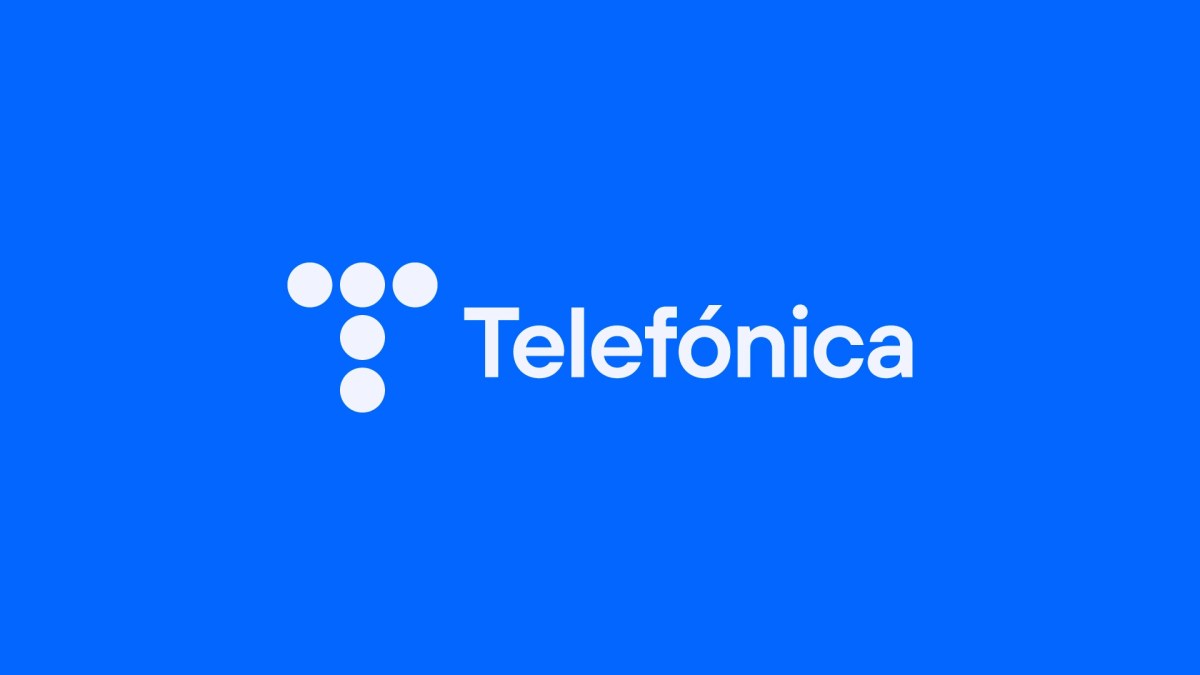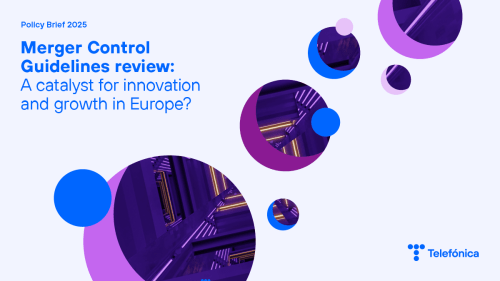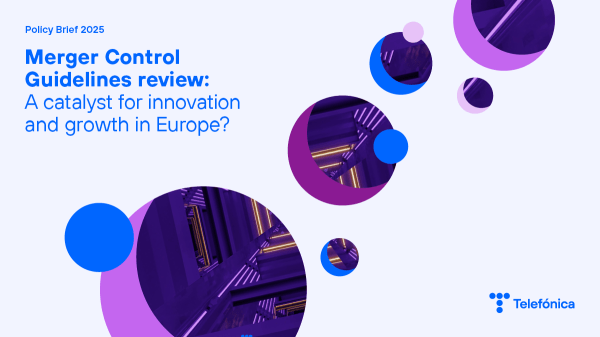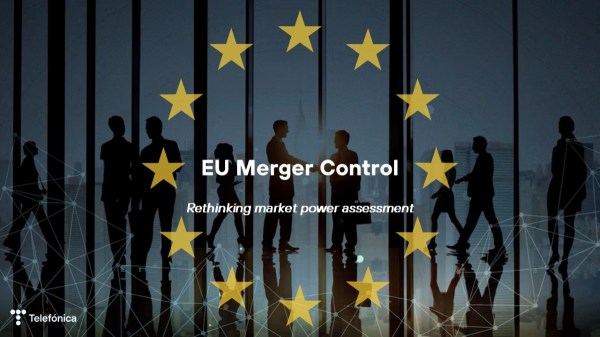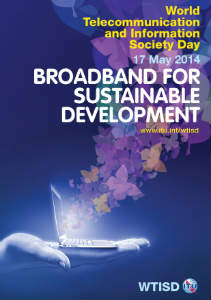
Next 17 May will be the World Telecommunication and Information Society Day (WTISD) 2014. The purpose of this day is to help raise awareness of the possibilities that the use of the Internet and other information and communication technologies (ICT) can bring to societies and economies, as well as of ways to bridge the digital divide.
Therefore, this special date brings us a good opportunity to remind the importance of the Internet and ICT as well as the challenges that we need to overcome to unleash their full potential and bridge the digital divide.
The Digital Revolution in which we are immersed is the biggest period of economic, technological, and social change since the Industrial Revolution. The Internet, new technologies based on mobile connectivity, social media, cloud computing and Big Data are driving innovation and greater efficiency to our societies. Attractive digital technologies drive consumer demand, create growth and jobs, and at the same time enable societies to use their resources more efficiently while making their economies more competitive and productive.
However, if we want to unleash the full potential of the Internet and ICT we need to overcome several key challenges. These are the following:
- Accesibility: Currently, two thirds of the world population are not connected to the Internet. Therefore, we need make the Internet available to everyone. However, in order to achieve this objective, we need to establish adequate conditions for private investment in broadband infrastructure. These conditions will be necessary not only to connect the unconnected but also to upgrade the infrastructure and network of the other third of the population that is already connected. Such investments will need to come from the private sector, mainly communication and broadband providers. Secondly, we need affordable digital services and devices. And thirdly, we need to provide with digital skills to those two thirds of the world population that are not connected to the Internet. All stakeholders should work together to get everyone connected by delivering affordable digital services and devices, improving digital skills and encouraging broadband investments.
- Openness: We need to keep the Internet open. And the way to do it is by maintaining the interoperability between communication and messaging services, and the portability of data and applications between different Operating Systems of smart devices.
- Digital Confidence: We need to create Digital Confidence by improving transparency and privacy, and by putting an end to surveillance. In regards to transparency, it is not clear to consumers what are paid adds and what is information. Users should be able to clearly differentiate advertising and paid-for information from neutral information (as in traditional media). In addition, consumers feel increasingly uncomfortable about the way their data are used and processed. Therefore, privacy regulation should apply fairly to all parts of the digital value chain. Last but not least, the crisis of confidence of consumers about access to their private data by Governments needs to end. Governments should be more transparent about national security measures and must respect human rights and the rule of law.
- Internet Governance: In contrast to only five years ago, today the majority of Internet users stem from emerging economies outside the USA and Europe, and they are using smartphones and mobile networks to access it. In spite of this change, the Internet Governance model has not changed. Since the Internet can only be sustainable if its governance is adapted to its rapid technological and social evolution, we believe that this situation should be reverted. Therefore, we need to evolve the policy models of Global Internet Governance by building on its existing foundations and through involvement of all stakeholders in an open manner and on equal footing.
As a starting point to unleash the full potential of the Internet and ICT, improve the Internet experience of consumers and generate more investment in digital infrastructures we have defined a Digital Manifesto of policy recommendations. We invite you to take a look to it! Last but not least, we would really appreciate if you could share with us your opinion on our Digital Manifesto and your own experiences on how the Internet has improved your life. Join us on this debate in this special date!
